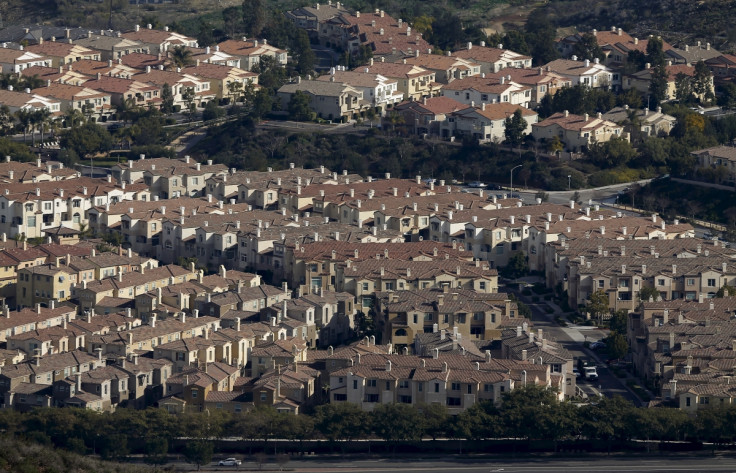UK housing: Plan allowing 51,100 new homes to be built in Birmingham gets go-ahead

The government planning inspectorate has given the go-ahead for the Birmingham Development Plan, which allows for building 51,100 new homes across 300 hectares, 350,000sq m of retail floor space and 745,000sq m of office floor space before 2031.
A notable factor is that the inspectorate's decision will allow building more than 6,000 homes on land around Birmingham, which has been marked as a green belt. In UK town planning, the green belt is a policy for controlling urban growth. The urbanisation in that belt will be resisted for the foreseeable future to maintain an area that would allow growth for agriculture, forestry and outdoor leisure.
The report by the planning inspectorate cited "exceptional circumstances" as the reason for giving the nod to develop homes in the green belt. However, it said that there were no plans to release any more green belt land towards urbanisation after 2031.
Meanwhile, Project Fields, a local campaign group criticised the decision – with regards to green belt – and said that there were "clearly better places" for new homes to be built. A spokesperson for the campaign group added, "There are swathes of brownfield land ripe for developments which the public is not opposed to and which already has the pre-existing infrastructure in place."
Nonetheless, Waheed Nazir, acting strategic director for economy at the Birmingham council was happy with the decision. He said: "Having the Birmingham Development Plan endorsed by the planning inspector is a major success and means we can get on with the job of providing much-needed housing and employment opportunities in the city."
"It is critical in supporting the city's growth agenda and our ambition for it to be an enterprising, innovative and green city, delivering sustainable growth to meet the needs of its population and strengthening its global competitiveness. Crucially, the inspector has endorsed both our approach to the release of land on the Green Belt and the dealing with the housing shortfall," Nazir added.
Recently it was revealed that Birmingham requires 89,000 additional homes by 2031 to meet demand. However, even after the implementation of the BDP – the statutory planning framework to guide decisions on development and regeneration in Birmingham until 2031 – there could still be a shortfall of homes.
More from IBTimes UK
© Copyright IBTimes 2025. All rights reserved.





















